Professor Kate Kenny
Professor of Business and Society
J.E. Cairnes School of Business and Economics, University of Galway


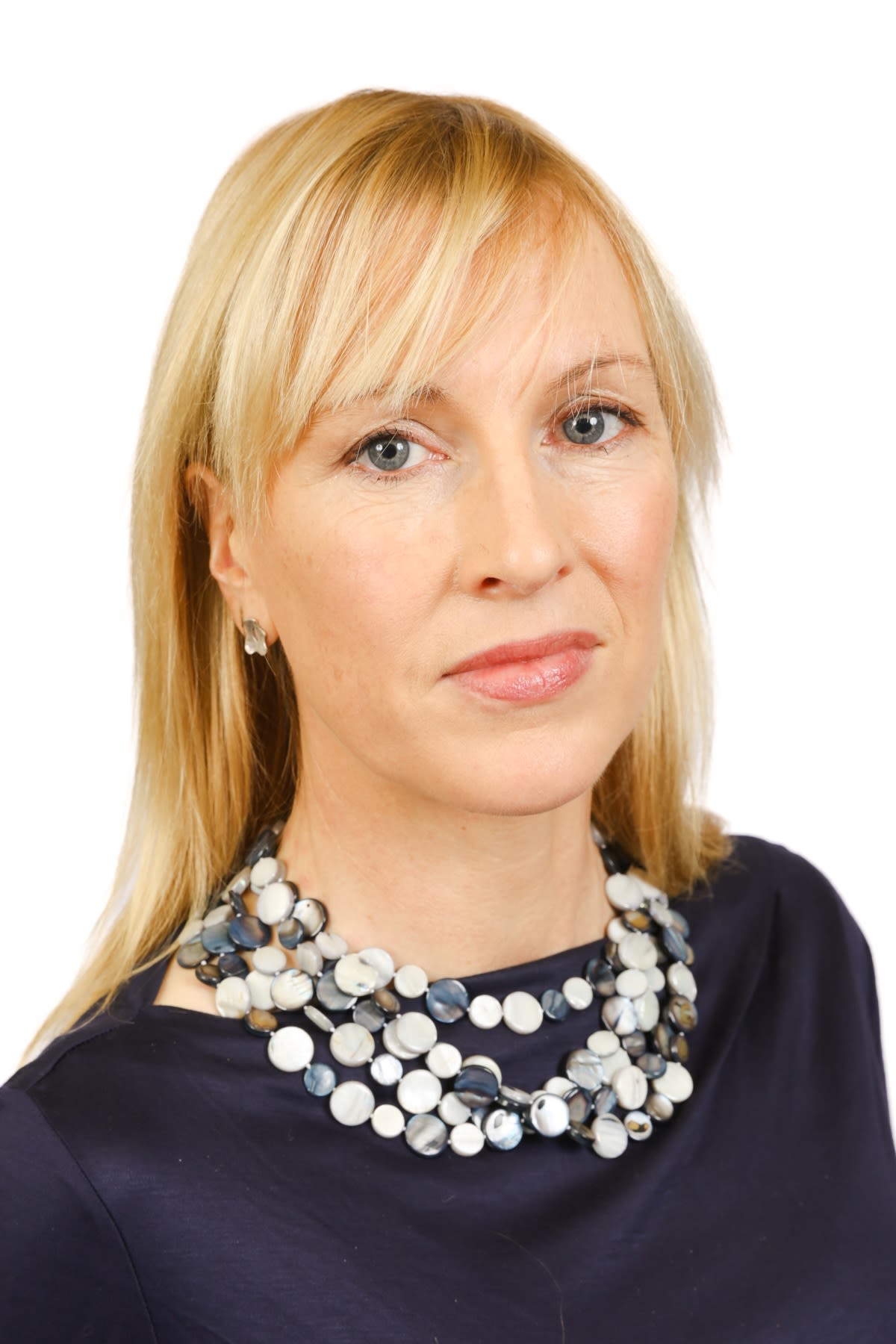
Kate has been researching whistleblowing and organisations for ten years, with projects funded by ESRC, the British Academy and the Leverhulme Trust. Kate has held research fellowships at Cambridge University's Judge Business School, and the Edmond J. Safra Lab at Harvard University. Her research centres on the contribution of social and political theory to the understanding of organisations. She is particularly interested in critical theory, psychoanalysis, feminism and poststructuralism, and how these perspectives can shed light on organisational ethics, identity and culture.
Kate leads a Whistleblowing research network that regularly supports and consults with organisations involved in supporting whistleblowing.
Kate's work contributes to these SDGs
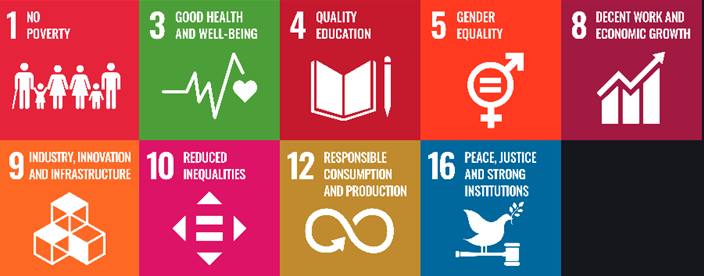
In a groundbreaking project funded by the European Commission Kate and Wim Vandekerckhove from EDHEC Business School with the European Whistleblowing Institute (EWI) have secured funding for the BRIGHT: Building Resilience through Integrity, Good Governance, and Honesty Training project.
With a focus on promoting equality and inclusion, Kate and Wim will be driving efforts to streamline these fundamental principles across #whistleblowing systems and practices, using an intersectional approach. Their expertise and commitment to these issues make them invaluable leaders for this initiative.
BRIGHT is a holistic endeavour that brings together various stakeholders, including civil society, practitioners and researchers to effect positive change. Through research, capacity-building, advocacy and policy dialogue, we aim to drive progressive improvements in European whistleblowing practices.
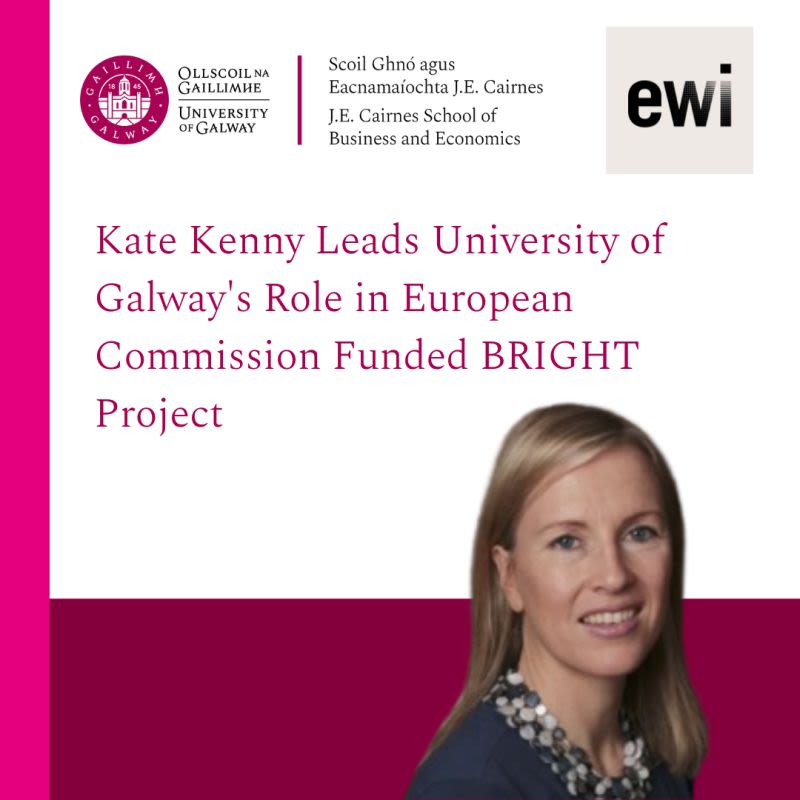
Key Target: 8.8
Kate's recent books include Whistleblowing: Toward a new theory. Society needs whistleblowers, yet to speak up and expose wrongdoing often results in professional and personal ruin.
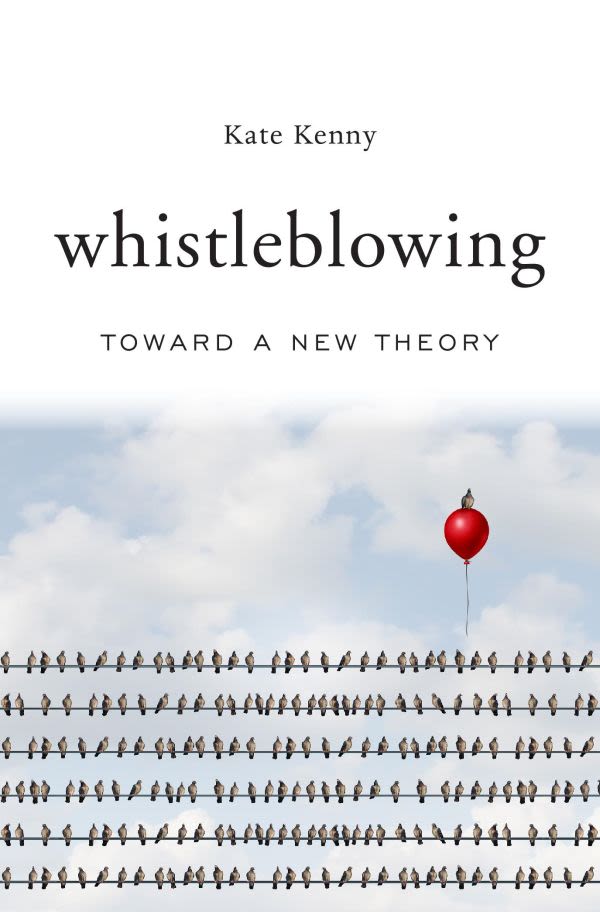
The Whistleblowing Guide: Speak-up Arrangements, Challenges and Best Practices examines the opportunities and challenges associated with different types of whistleblowing and speak-up arrangements, making recommendations based on best practices you can trust.

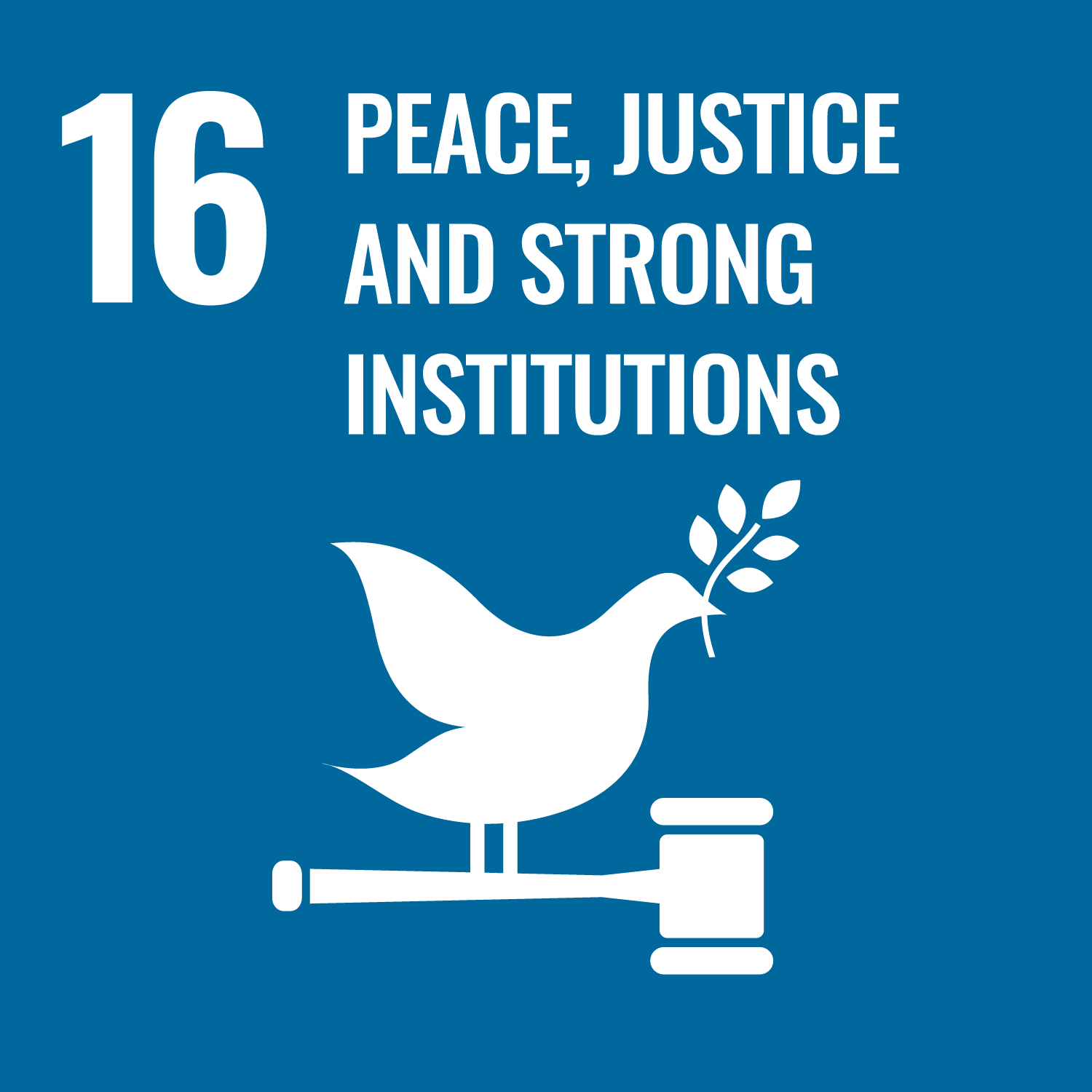
Teaching

MBA Project: MBA Capstone Project The MBA Project requires students to build on both their professional experience and their learning on the MBA programme to identify, scope, design, lead and evaluate an in-company applied strategic leadership project. The project will be chosen in consultation with the MBA Project multi-disciplinary academic assessment team. The project requires students to integrate the functional knowledge and transformational leadership skills they have learned on the MBA programme. Students are required to critically examine a real-world business challenge in an organisation by applying theory to practice. In completing the module, participants will apply their critical research and business consultancy skills. The project will require participants to consider a range of organisational issues within the broader external environment context and assess relevant ethical and corporate social responsibility (CSR) considerations. The MBA Project is the capstone integrative module on the MBA. Participants will be supported through a range of innovative learning methods including action learning sets, multi-disciplinary academic team input, phased in-class deliverables, peer-to-peer learning, and external business coaches.
Leadership and Change Effective leadership and effective change management are inextricably linked. A leader must constantly look forward and identify and manage the necessary changes for the organisation. As a result, this module will focus on leadership and change management with a particular emphasis on leader self-awareness and leadership development. The module will focus on individual, team and organisational leadership and change. Students will be provided with the opportunity to enhance their awareness of their personal leadership and management styles with the use of accredited (British Psychological Society) psychometric profiling, 360° feedback reports and one-to-one executive coaching.
International Leadership Gateway (MBA) Organisations operate in a global context and whether your organisation is operating nationally or internationally it faces global competition. Accordingly, today's leaders are required to possess a deep understanding of international influences and practices. This innovative gateway programme will develop and enhance students' international leadership perspective. The gateway module is delivered in an international location, such as Fordham University NYC, in collaboration with academic and business partners. It affords participants exposure to, and interaction with, high-calibre academics, public and business leaders. This compulsory module will take place in late May or early June and is normally taken during year one. The module pivots around students’ personal leadership development. There are many innovative methods for delivery such as learning “Teamwork through Jazz” at the world famous Lincoln Centre, hosted visits to the United Nations and Ireland’s Department of Foreign Affairs Permanent Mission to the UN, among others.
All of Kate's modules focus on Targets: 8.8 Protect labour rights and promote safe working environments; 16.3 Promote the rule of law and ensure equal access to justice, 16.5 Substantially reduce corruption and bribery, 16.6 Develop effective, accountable and transparent institutions, 16.7 Ensure responsive, inclusive and representative decision-making, 16.10 Ensure public access to information and protect fundamental freedoms
Engagement
The Whistleblowing research network that Kate leads regularly supports and consults with organisations involved in supporting whistleblowing. These include the Association of Chartered Certified Accountants (ACCA) and the Economic and Social Research Institute (ESRI).
As university academics, members research various aspects of whistleblowing and have developed clear and practical guides based on their research. They also host a wide variety of freely available resources and regularly organise events that are open to all to attend.

Direct impact SDG Targets
1.B - Create pro-poor and gender-sensitive policy frameworks
3.4 - Reduce mortality from non-communicable diseases and promote mental health
4.7 - Education for sustainable development and global citizenship
5.1 - End discrimination against women and girls
5.5 - Ensure full participation in leadership and decision-making
5.C - Adopt and strengthen policies and enforceable legislation for gender equality
8.2 - Diversify, innovate and upgrade for economic productivity
8.5 - Full employment and decent work with equal pay
8.8 - Protect labour rights and promote safe working environments
9.4 - Upgrade all industries and infrastructures for sustainability
10.3 - Ensure equal opportunities and end discrimination
12.6 - Encourage companies to adopt sustainable practices and sustainability reporting
16.3 - Promote the rule of law and ensure equal access to justice
16.5 - Substantially reduce corruption and bribery
16.6 - Develop effective, accountable and transparent institutions
16.7 - Ensure responsive, inclusive and representative decision-making
16.10 - Ensure public access to information and protect fundamental freedoms
Indirect
5.A - Equal rights to economic resources, property ownership and financial services
5.B - Promote empowerment of women through technology
9.2 - Promote inclusive and sustainable industrialization
9.B - Support domestic technology development and industrial diversification
10.1 - Reduce income inequalities
10.4 - Adopt fiscal and social policies that promotes equality
12.7 - Promote sustainable public procurement practices
16.B - Promote and enforce non-discriminatory laws and policies
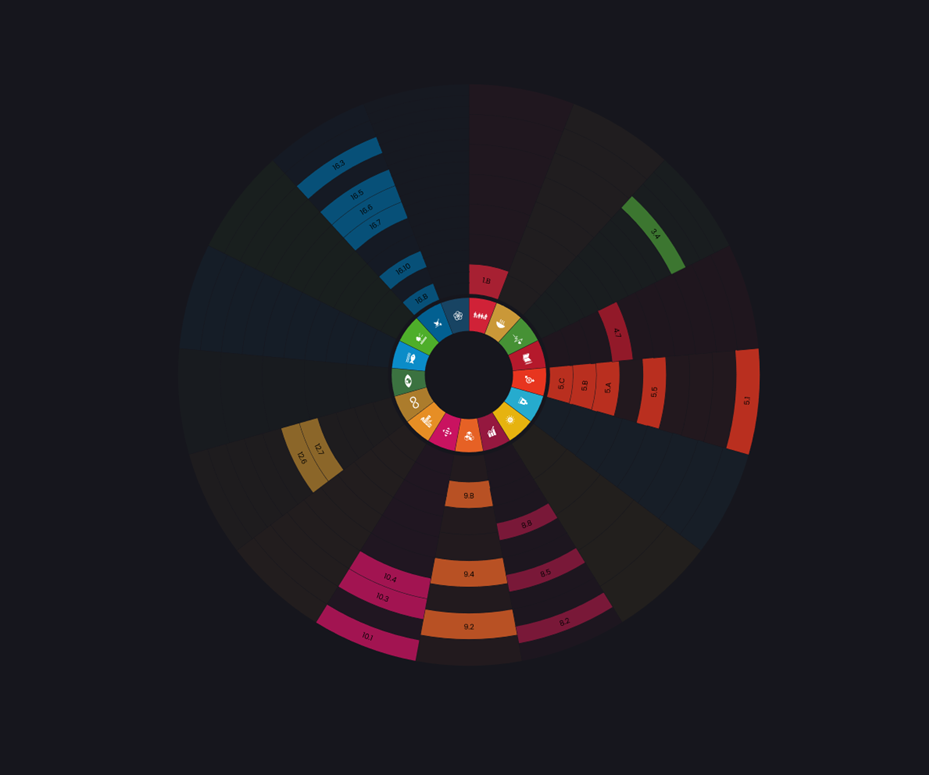

Research

Featured Publications
|
References |
SDGs |
|---|---|
|
Kenny, K. and Fanchini, M. (2023). Troubling organizational violence with Judith Butler: Surviving whistleblower reprisals. Gender, Work and Organization (preprint). |
5 |
|
Kenny, K. (2023b). Constructing unknowers, destroying whistleblowers. Ephemera: Theory and Politics in Organizations, 23(1). |
8.1, 8.2; 16.1,16.3; 13.0, 13.A; 10.1, 10.3 |
|
Kenny, K. (2018). Censored: Whistleblowers and Impossible Speech. Human Relations, 71(8), 1025-1048. |
16.4, 16.5 |
|
Kenny, K. (2016). Organizations and Violence: The Child as Abject-Boundary in Ireland’s Industrial Schools. Organization Studies, 37(7), 939-961. |
16 |
|
Kenny, K. (2023). Feminist social movements and whistleblowing disclosures: Ireland's Women of Honour. Gender, Work and Organization. |
5; 16 |
|
Kenny, K. and Fanchini, M. (2023). Women Whistleblowers: Examining parrhesia, power and gender with Sophocles’ Antigone. Organization Studies (pre-print) |
5 |
|
Kenny, K. and Fotaki, M. (2023). The Costs and Labour of Whistleblowing: Bodily Vulnerability and Post-Disclosure Survival. Journal of Business Ethics, 182, 341-364. |
3.4, 3.8; 16.1, 16.4; 8.5, 8.8 |
|
Van Portfliet, M. and Kenny, K. (2022). Whistleblowing advocacy: Solidarity and fascinance. Organization, 29(2), 345-366. |
5; 16.3, 16.4; 3.4; 4.B |
|
Kenny, K. and Ó Dochartaigh, N. (2021). Power and politics in public inquiries: Bloody Sunday 1972. Journal of Political Power, 14(3), 383-408. |
16.1,16.2 |
|
Kenny, K., Vandekerckhove, W. and Irfan, M. (2020). Whistleblowing as escalating voice. In Handbook of Research on Employee Voice, 2nd edition, 437-454. |
9 |
|
Kenny, K. (2020). Lauren Berlant: Cruel organizations. Morality, Ethics and Responsibility in Organization and Management, 56-72. |
8.2; 1.2 |
|
Munro, I. and Kenny, K. (2023). Whistleblower as activist and exile: The case of Edward Snowden. Organization (pre-print) |
16 |
|
Kenny, K. and Bushnell, A. (2020). How to whistle-blow: Dissensus and demand. Journal of Business Ethics,164, 643–656. |
17.1; 16.1,16.3; 8.3 |
|
Kenny, K. and Fotaki, M. (2015). From gendered organizations to compassionate borderspaces: Reading corporeal ethics with Bracha Ettinger. Organization, 22(2), 183-199. |
5 |
